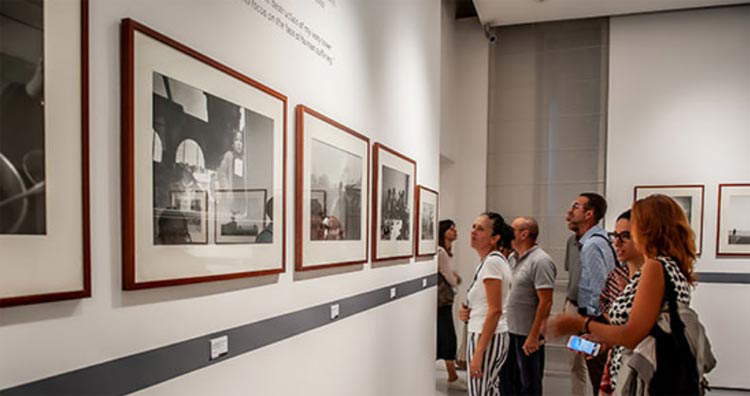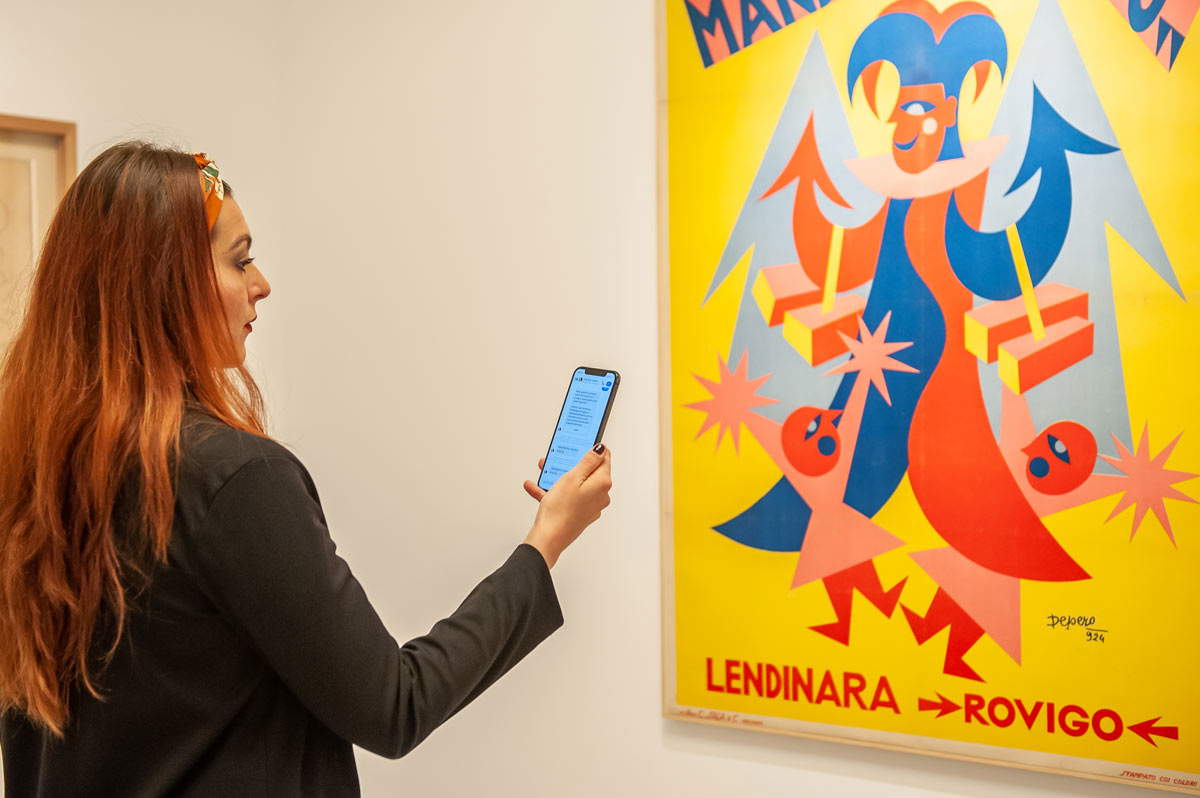It has been at least a decade that a substantial number of Italian museums have been struggling: economically, anthropologically, and in terms of identity. In the aftermath of the severe global crisis of 2007, the economic contribution of public administrations declined and the unaccustomed management and virtuous governance on the part of those in charge of many museum facilities have made their being a public service, their dialogue with the general public, private businesses and the territory less effective. In fact, the Covid-19 pandemic has only accelerated an evolutionary process that, before long, would bring museum management on a par with that of a private enterprise. Not only economic plans, sustainability plans, and innovative business models, but above all unprecedented strategies directed toward engaging people and building their loyalty: unconventional marketing.
Conventional (traditional) marketing has lost its effectiveness: convincing people to do something is less and less fruitful in a world where offers are increasingly generous and choices increasingly less rational. The new buzzwords are: engage, welcome, share, excite, surprise, amaze, and astonish. Moreover, the pandemic has brought us back to reflect on our lifestyle, existential priorities, and the profound goals that every individual should achieve: the common good, the intangible good, and the relational good. A context such as the museum is ideal in that culture predisposes to ethical and responsible planning that provides for the person at the center of every proposal.
 |
| Visitors to the Lu.C.C.A. - Lucca Center of Contemporary Art |
 |
| Digital at the Lu.C.C.A. - Lucca Center of Contemporary Art. |
By unconventional marketing, in all its meanings, we mean that set of strategies that capitalize on innovative engagement methods oriented on a more capillary segmentation of the audiences of interest. As far as culture is concerned, museum activities are proposed in original ways to overcome the often well-founded prejudices of those who see museum facilities as static, boring and predictable places suitable only for experts, enthusiasts or mass tourism bites. For the first time in their history, museums are being called upon to convey the philosophy of their choices, to share that common good that panders to visitors’ lifestyles. It will no longer be the most relevant works, the most important exhibits, the most exclusive collections that will provide the main pretext for stimulating visits, but the uniqueness of shared intangibles and the strength of a museological project designed for people and with people.
Experiential, emotional, relational, holistic, humanistic, and social marketing, but also neuromarketing, Human to Human marketing, Inbound marketing, Green Marketing, and even Food Marketing are just a few of the possibilities, far from extemporaneous, that allow for a multi-sensory and cognitive involvement that transforms a side event, designed specifically for a profiled audience, into a platform for experiential wellness that can engage and, above all, build loyalty. The common thread is precisely well-being: only people who feel good in a place, who feel like active protagonists, who perceive any participatory experience as an essential part of their lifestyle, will return regularly to their museum, making them loyal. From the perspective of museum governance based on sustainable growth, choosing unconventional strategies on measurable intangible goals can certainly save our museums.
The author of this article: Maurizio Vanni
Museologo, Critico e Storico dell’arte, specialista in Sostenibilità, Valorizzazione e Gestione museale ed in Marketing non convenzionale per la cultura. Già chief curator del MARS – Modern Art Center di Mosca (2002-2004), Curatore Museale della Fondazione Primo Conti (2005-2006), Direttore della Fondazione Dino Zoli Arte Contemporanea (2007-2008), Direttore Generale del Lu.C.C.A. - Lucca Center of Contemporary Art (2009-2021) e docente di Museologia e Marketing museale presso UMSA – Universidad del Museo Social Argentino di Buenos Aires (2013-2018). Attualmente lavora per il Ministero della Cultura – Soprintendenza Archeologia, Belle arti e Paesaggio per le province di Lucca e Massa Carrara (Sostenibilità, Valorizzazione e Gestione dei Beni Culturali e dei Musei), è docente di Museologia presso l'Università degli Studi di Pisa, docente di Marketing non convenzionale alla Facoltà di Economia di Roma Tor Vergata nel Master “Economia e Gestione della Comunicazione e dei Media”, docente di Governance e gestione culturale presso il Conservatorio Luigi Boccherini di Lucca nel Master MaDAMM. È Coordinatore dell'Osservatorio di Storia dell'Arte della Pontificia Accademia Mariana Internationalis. È componente della Giuria Internazionale di Florence Biennale 2023. E' membro del Consiglio Direttivo dell'Associazione Greenaccord onlus.Warning: the translation into English of the original Italian article was created using automatic tools. We undertake to review all articles, but we do not guarantee the total absence of inaccuracies in the translation due to the program. You can find the original by clicking on the ITA button. If you find any mistake,please contact us.